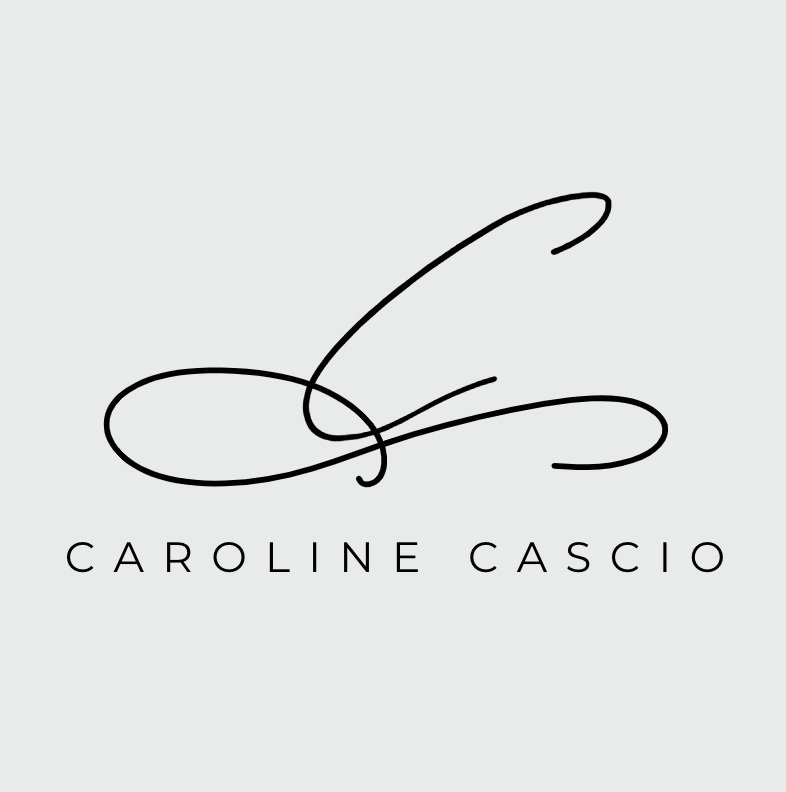Are Poppi Vending Machines the New IHOB Social Media Conversation?
In June 2018, the internet was rocked by the IHOB controversy, sparking endless discussions and a surge in burger sales at various fast-food chains. As the drama unfolded, companies like Wendy’s and Burger King joined the conversation on Twitter, now known as X, capitalizing on the attention. Fast forward to the lead-up to Super Bowl LIX, and Poppi, a growing beverage brand, began distributing alleged $25k vending machines to influencers for their Super Bowl parties. This clever marketing tactic, which relied on product placement and influencer marketing, quickly took over Instagram and TikTok. Influencers showcased these machines, but the campaign raised eyebrows—particularly about who received these vending machines and how evenly they were distributed among different groups of creators. Many consumers questioned whether Black influencers and creators were fairly included in the distribution.
Critics of this marketing strategy described it as a manifestation of "capitalistic greed," arguing that the focus on influencer partnerships overshadowed the value of the product itself and limited its reach. By targeting only select influencers, Poppi may have inadvertently alienated potential audiences who might have otherwise been exposed to the product. This prompted concerns about the brand's marketing ethics and inclusivity, as well as the potential long-term impact of such campaigns in the context of social media promotions.
An alternative, more community-focused approach might have been for Poppi to allow influencers to direct the placement of the vending machines as charitable donations, rather than keeping them as personal perks. Imagine the machines being sent to hospitals, fire departments, police stations, and other local institutions—places that are vital to community well-being. By doing so, Poppi could have promoted healthier, on-the-go drink options while also giving back to those who keep communities running. Eli Rallo mentioned that Poppi offered her a vending machine, but plans changed. In a recent video, she expressed her hope that Texas Children’s Hospital would receive the vending machine as a donation for patients and/or staff. This shift would likely have enhanced the brand's public perception and broadened its appeal.
Meanwhile, Poppi's main competitor, Olipop, seized the opportunity to capitalize on the situation. They actively engaged with the conversation on TikTok, sharing videos that responded to the backlash over the vending machine giveaway. Some viewers even deemed Olipop's responses “iconic,” and while the brand didn't issue any formal statements, their interactions with users were a clever way of positioning themselves as more relatable and in tune with consumer concerns. Olipop’s approach suggested they were more responsive to consumer sentiment, aligning themselves with the criticism of Poppi’s campaign and positioning themselves as a more down-to-earth and socially conscious brand.
In a similar vein, Poppi aimed to target younger audiences with a high-profile Super Bowl LIX commercial that presented the brand as the healthier soda alternative, containing just 5 grams of sugar and 35 calories per serving. Featuring familiar influencers like Alix Earle, Jake Shane, and Rob Rausch—who had all previously been associated with Poppi—the commercial showcased the product in five relatable scenarios: a girl’s night out, a diner, a drive-through, a convenience store, and a pool party. Poppi has consistently positioned itself as the guilt-free "next generation" of soda, emphasizing its prebiotic ingredients and lower sugar content when compared to traditional sodas. The brand has also built a strong presence on social media, sharing behind-the-scenes content and actively engaging with fans in the lead-up to the ad’s release.
Ultimately, Poppi’s approach to marketing has generated both praise and controversy. While the brand's innovative strategies have made waves in the beverage industry, it's clear that their future campaigns will need to consider not only the product but also the ethical and cultural implications of their marketing tactics. Inclusivity, community engagement, and a focus on broader accessibility may be key to avoiding backlash and positioning the brand as a truly forward-thinking company in the competitive market.
